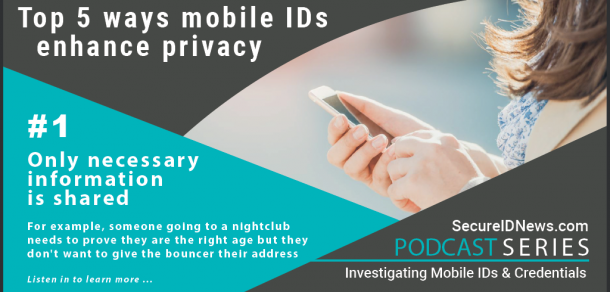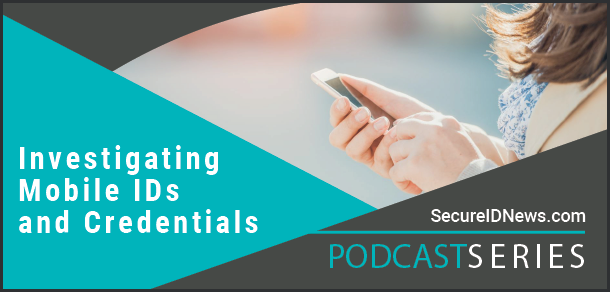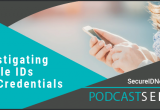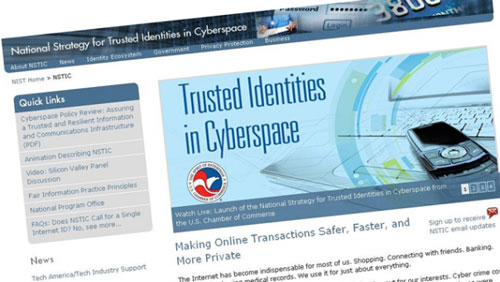Top five ways mobile IDs enhance privacy
21 November, 2017
category: Corporate, Digital ID, Government
Because the security built into mobile IDs allows for encrypted information and signatures that only a verified reader can access, mobile IDs enhance privacy.
“If you want to look at it in a simple way, imagine if you drop your driver’s license or ID card on the street. Someone could pick that up and read it quite easily,” explains Steve Warne, Director of Solutions Marketing in HID Global’s Citizen Identifcation business. “If it’s on your phone, you’ve probably got a pin to get into the phone, as well as other levels of protection. So if you leave your phone behind somewhere, people are not as able to straight away get your identity document.”
|
Related: Mobile IDs and privacy Exploring privacy concerns and privacy-enhancing opportunities |
But there are a host of other privacy-enabling features mobile IDs can deliver. Here are Warne’s top five ways that a mobile ID can actually enhance privacy:
- Only the necessary information is shared. “For example, if someone is going into a nightclub, they want to be able to prove that they are the right age to get into that nightclub. They don’t particularly want to give the guy who’s at the door their address.”
- You know who is looking at your data. “We have the capability of doing remote verification. This means that I am actually able to verify on my phone that I am sharing this data with a real police officer.”
- Sharing of data can be voluntary. “You should always be asked to share your data before anything leaves your mobile device.”
- Sharing of information can be done offline, outside of the cloud. “Being able to share personal identifying data offline means there’s no connectivity to any other databases or any other way that the information can be stored. This ensures private data remains in the user’s control.”
- Your data is protected. “The level of technology already available on a mobile device protects your data. But with a mobile identity solution, you will have a lot more choices as to how you use your data, how you share it, and who you share it with, especially compared to a physical document where you only have one option, and that’s to hand it over.”
Read more and hear from Warne in a podcast titled, Mobile ID privacy concerns and privacy-enhancing opportunities.





